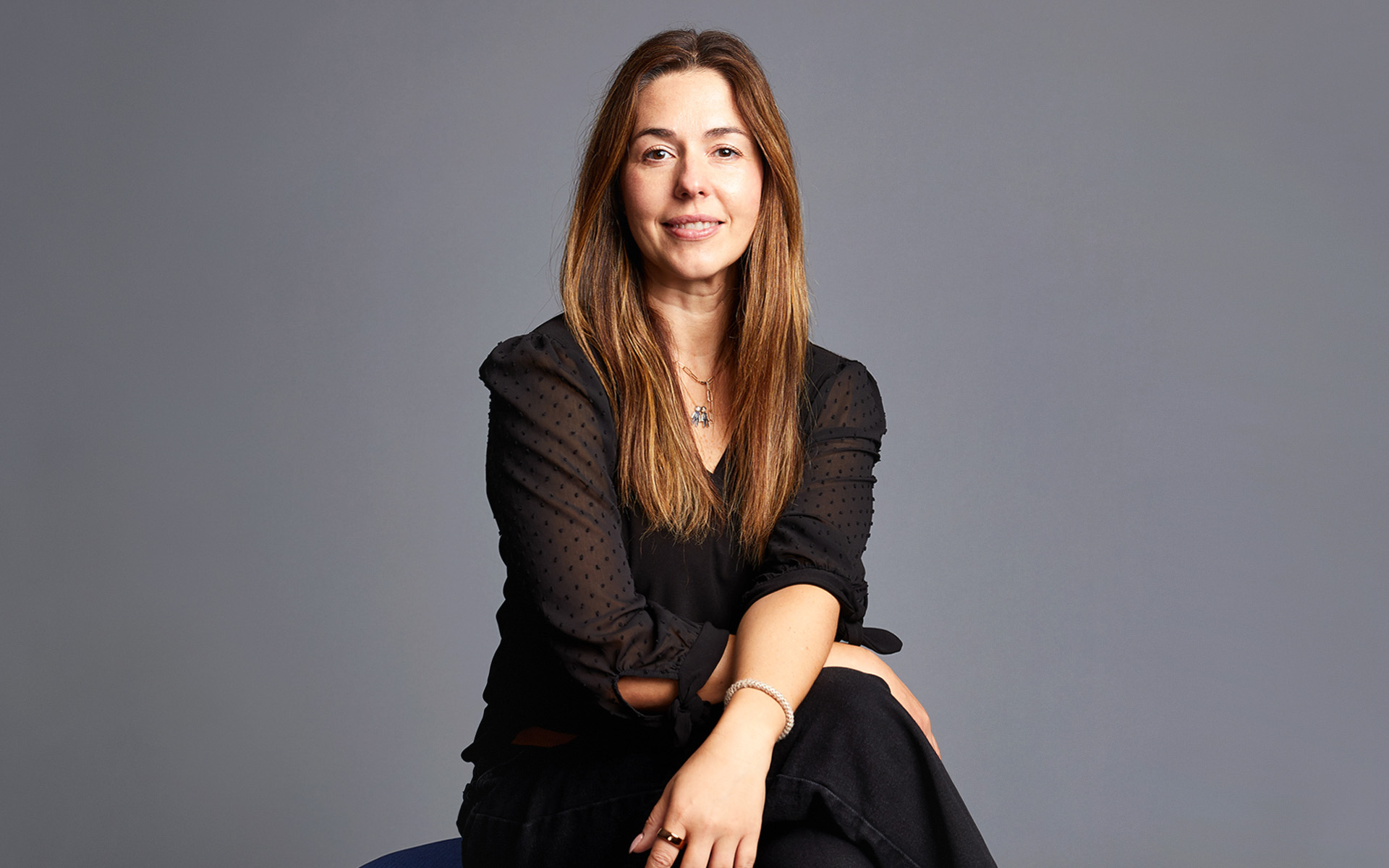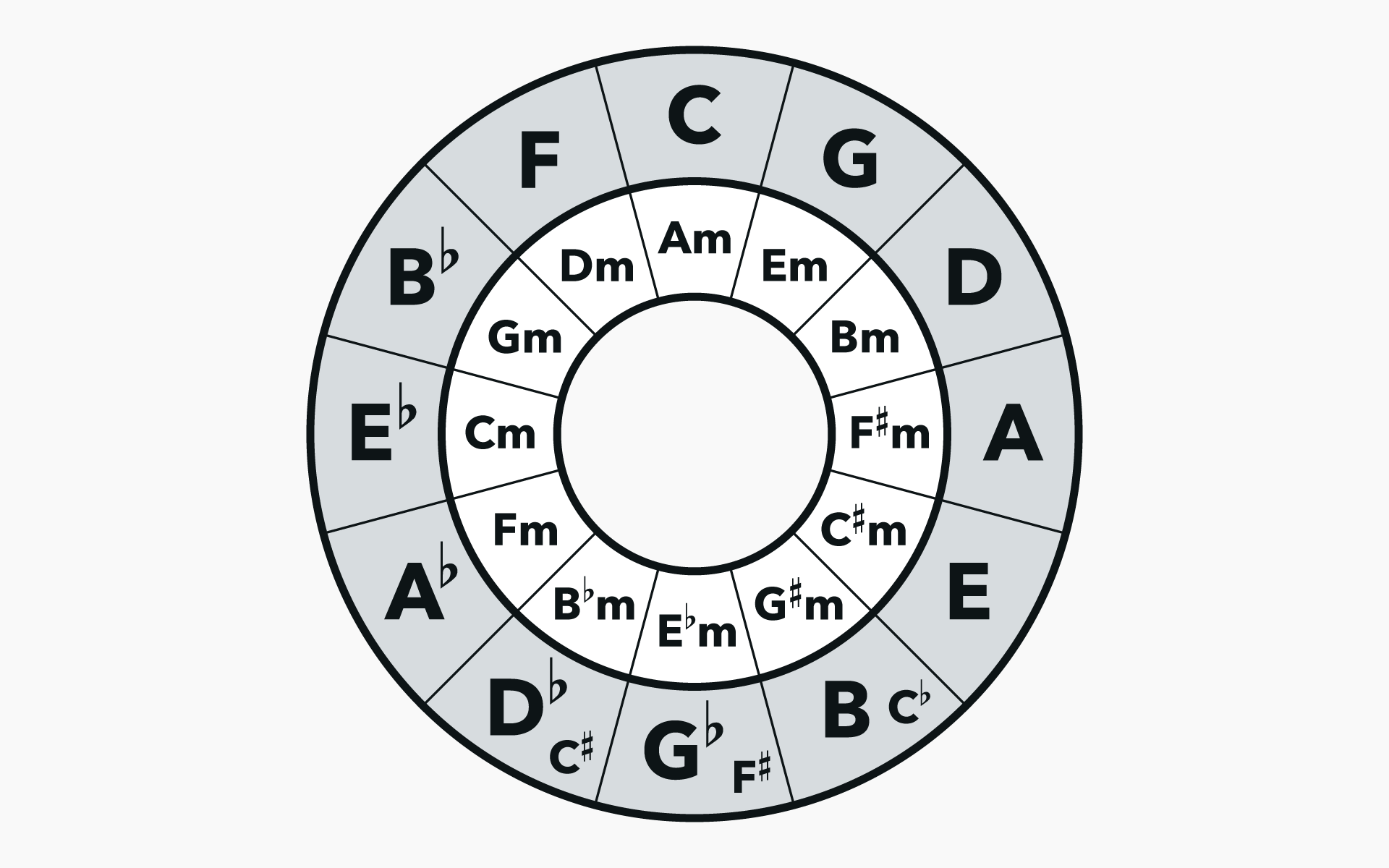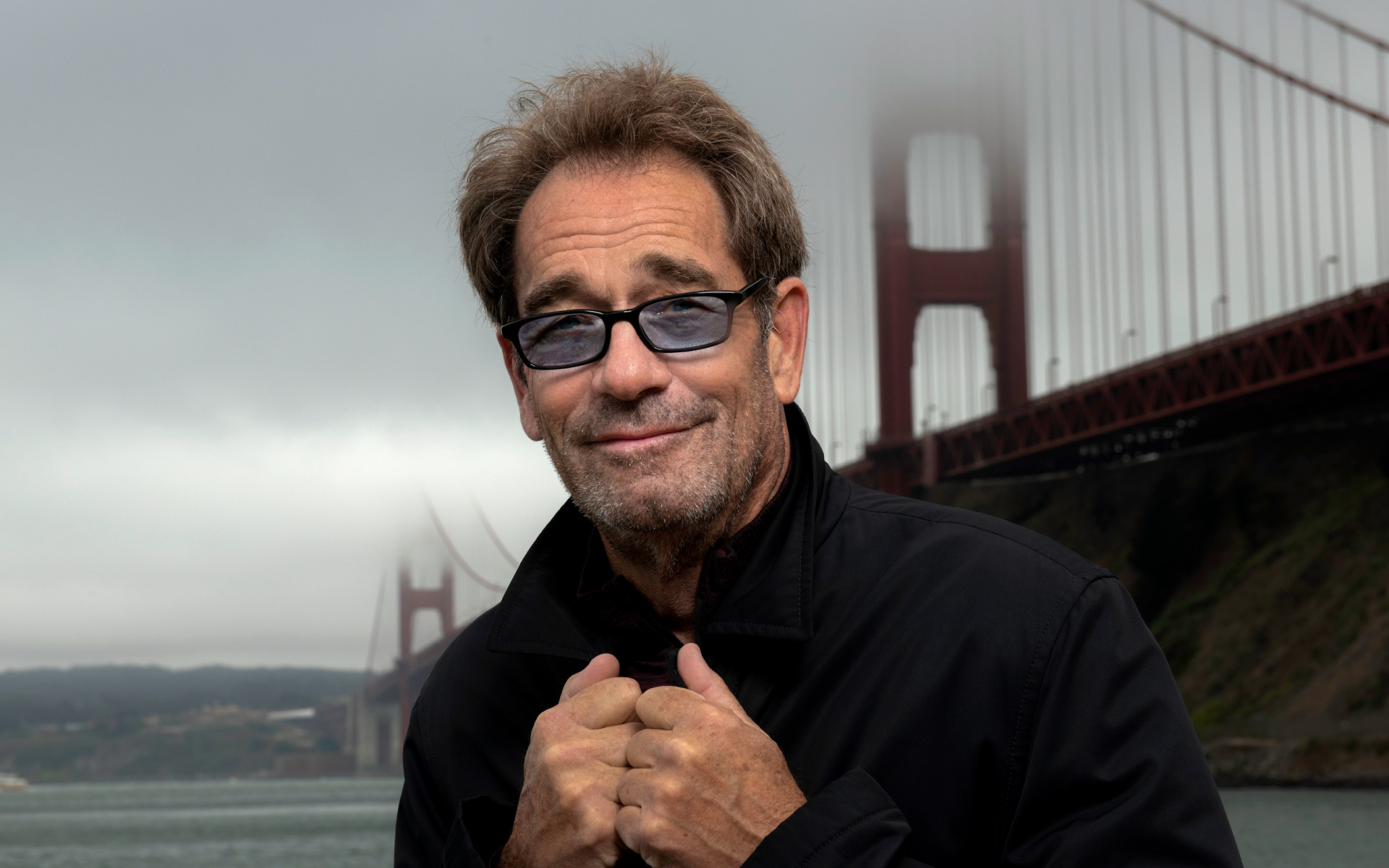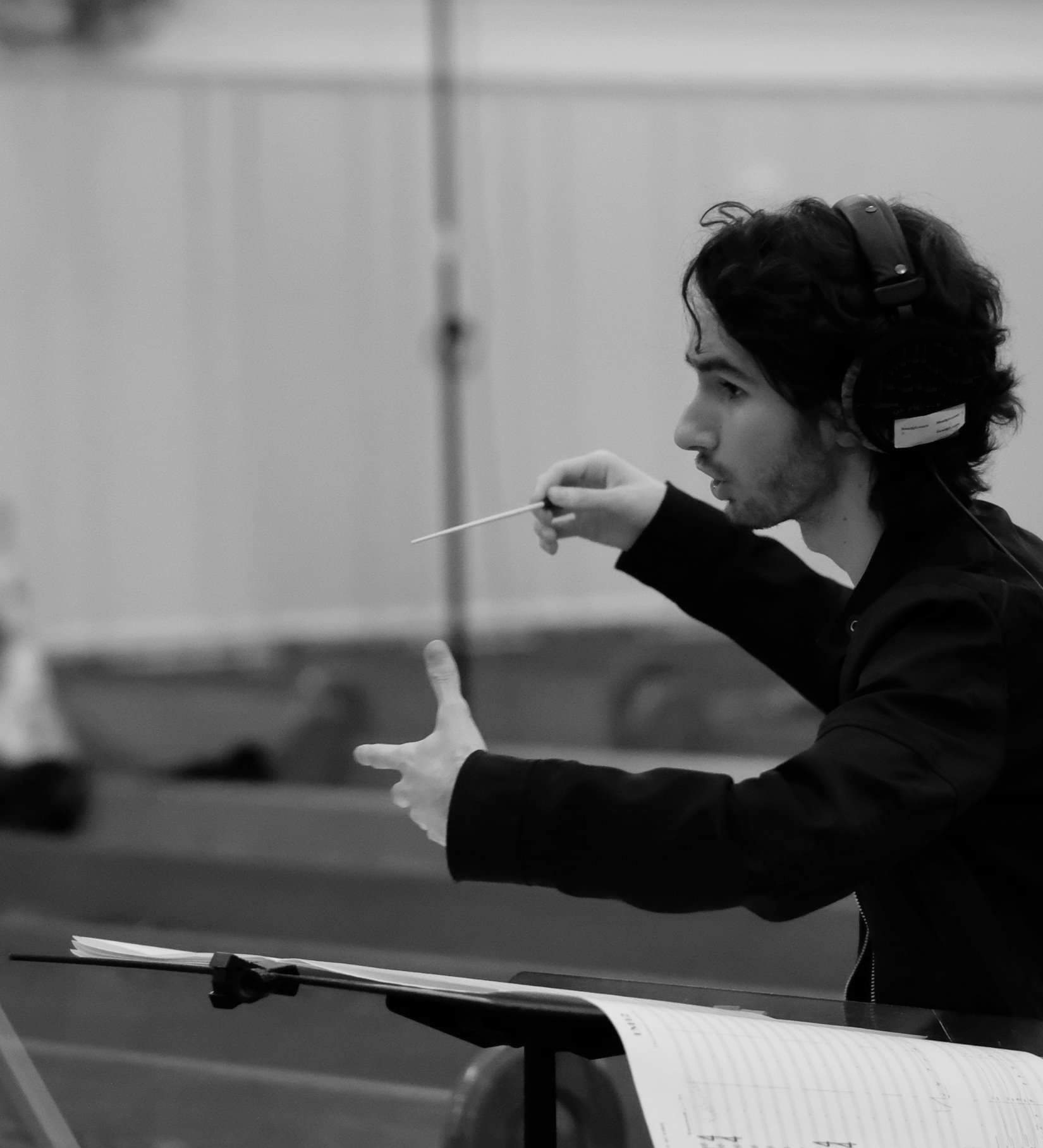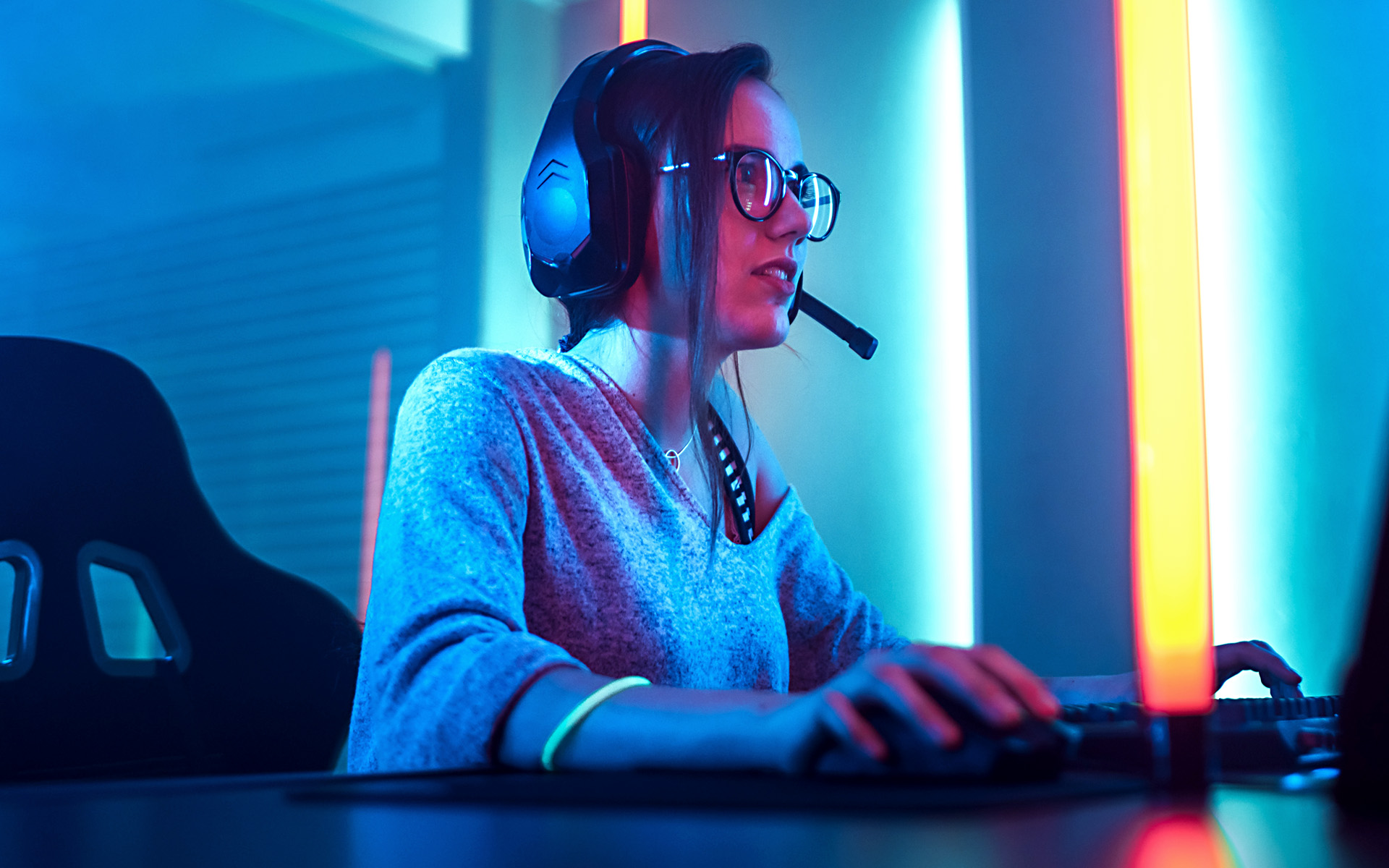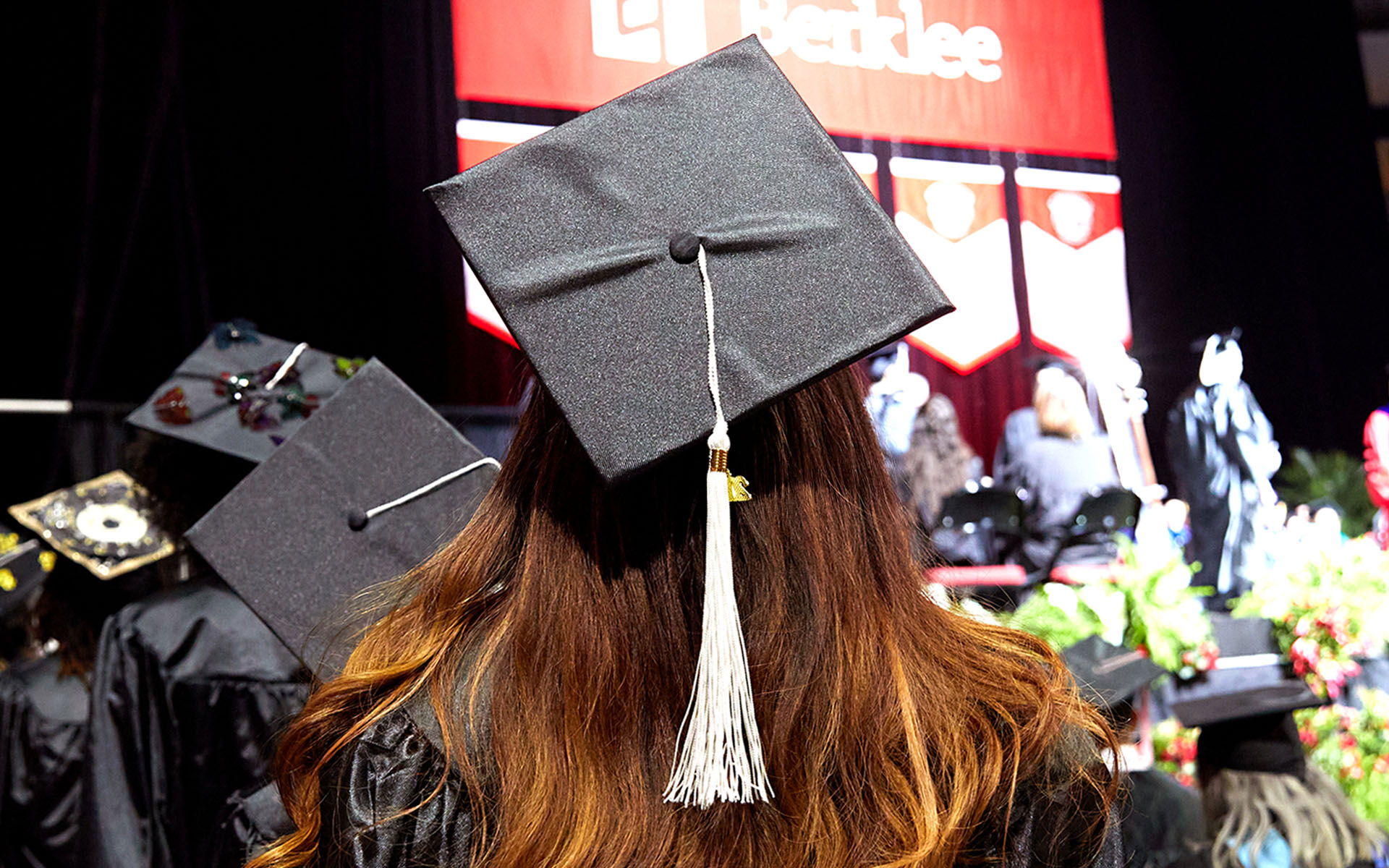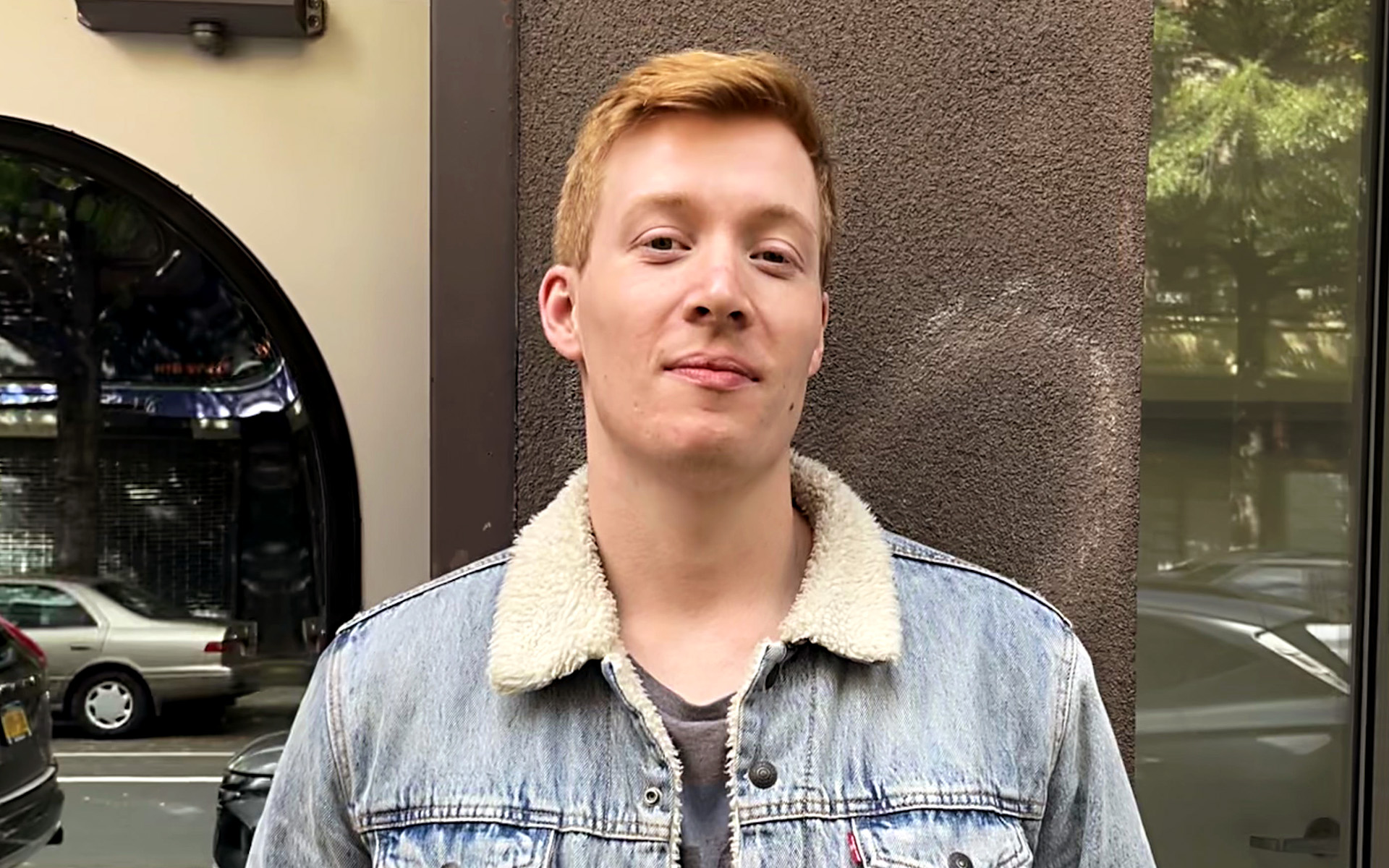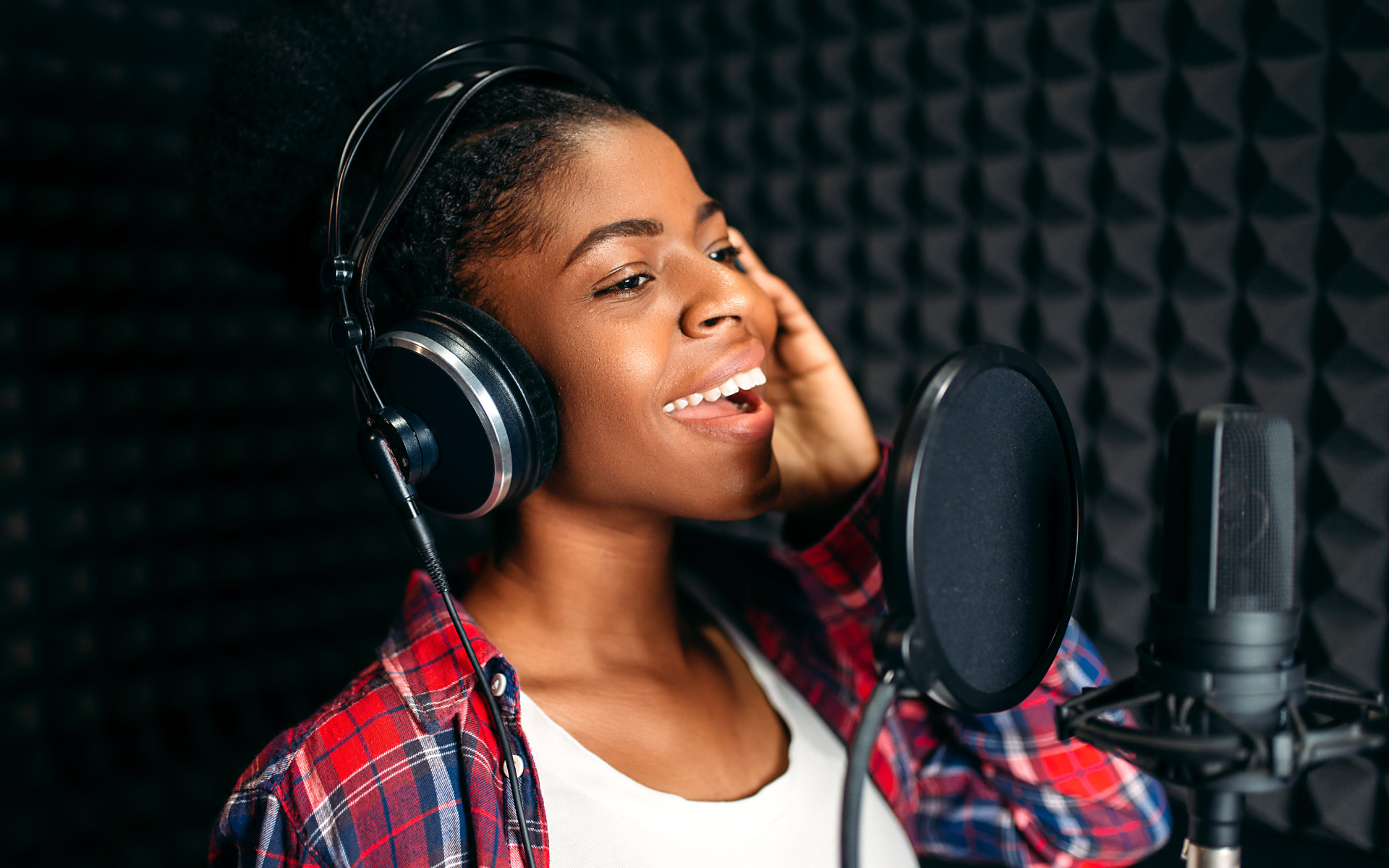As a teenager, Pedro Osuna remembers having one earbud in when he ate with his family at the dinner table. He wasn’t listening to music, or a podcast, or a sports broadcast. He was learning about music production from a free Berklee Online lesson through Coursera.
This year, Pedro graduated from Berklee College of Music with a bachelor’s degree in Film Scoring. He was the recipient of the George Delerue Award, the most prestigious award given by the Berklee Film Scoring department. His Berklee journey has come full circle, from being a teenager taking Berklee’s free massive open online courses, to earning his degree from Berklee’s campus in Boston.
“The free courses reach a massive amount of people who work in music and want to make a career out of it,” says Pedro. “For me, there were many factors why I decided to go to Berklee, and Berklee Online was one of them.”
Pedro grew up in Granada, Spain playing classical piano and violin and later joined the Granada Professional Conservatory, where his interest in composition grew.
“When my teacher left the room, instead of practicing the piece, I would play whatever I wanted, and that was my favorite thing,” says Pedro. “Instead of sitting down and playing scales, I would sit down and play the mood that I was in. I didn’t really like studying one piece because it’s based on repetition, and I got super bored so I would improvise in the style of the composer. So for me, from improvisation, I got into composition.”
In Granada, Pedro struggled to find places to study film scoring and remembers scouring the internet for how-to videos. He googled search terms like “learning film scoring” and “how to score films” when he came across Berklee Online’s free videos in Coursera.
Pedro had such a voracious appetite for learning online that his consumption methods became more sophisticated over time. With the help of a harmonica holder, he was able to multitask while watching lessons by placing his phone where the harmonica would go in front of his face: like a Digital Age Bob Dylan.
While studying at the conservatory, Pedro applied what he learned in his online lessons by composing in his free time. At age 16, he began orchestrating for Spanish film composers and began a mentorship with Carlos Martín. Two years later, he moved to Boston to attend Berklee College of Music on scholarship.
“I realized that when I was composing on the computer, or writing, or doing music in general for projects, I could sit down for 11 hours and my body would hurt and I wouldn’t even notice,” says Pedro. “Time went by really fast. I realized I wanted to do that for the rest of my life. I saw that I love music, I love films, and I love doing both.”
Pedro thrived during his four years at Berklee. He worked as the assistant conductor for Berklee’s Contemporary Symphony Orchestra and scored a dozen short films and documentaries. In 2018, he worked as a composer’s assistant for the Netflix original Spanish television series, Elite, and later that year he conducted a performance for Ramin Djawadi, the composer for Game of Thrones.
He admits that halfway through his time at Berklee, he got so caught up in his work that he burned out. After not making it into an advanced film scoring class at Berklee, Pedro doubled down on his workload and was not taking care of himself. He developed carpal tunnel syndrome in both hands, was not eating regularly or getting enough sleep. He remembers hallucinating one night from exhaustion, thinking there were mice in his apartment when there were not.
“I’ve always been one of those blue-sky people that they say is always super happy, but I couldn’t say no to any project, and there just wasn’t time for self-care,” says Pedro. “I realized I was just sad, and I didn’t feel good.”
Pedro realized that he needed to address his mental and physical health. He began sleeping more, exercising, and tracking his moods on with the Moodpath and Daylio apps. As he started feeling more in control of his life, success followed and Pedro was accepted into the advanced film scoring course.
“It’s super, super competitive and, like most rejections, it meant I wasn’t ready for it yet,” says Pedro. “So I had to work harder. I’m grateful I was able to be part of it, especially because the other composers this year were wonderful and I learned a lot from them and from Sheldon Mirowitz.”
Pedro‘s future plans include working on film projects in LA, China, and Spain. Whatever is next, he now knows how to better navigate the ups and downs of life as a film composer.
Update: During the time of this interview, Pedro had the opportunity to write additional music for Netflix’s Academy Award-nominated film Klaus (2019), making history as the youngest Berklee student to work on an Oscar-nominated film. Since graduating from Berklee, he also worked as an orchestrator for James Bond 007: No Time to Die.

